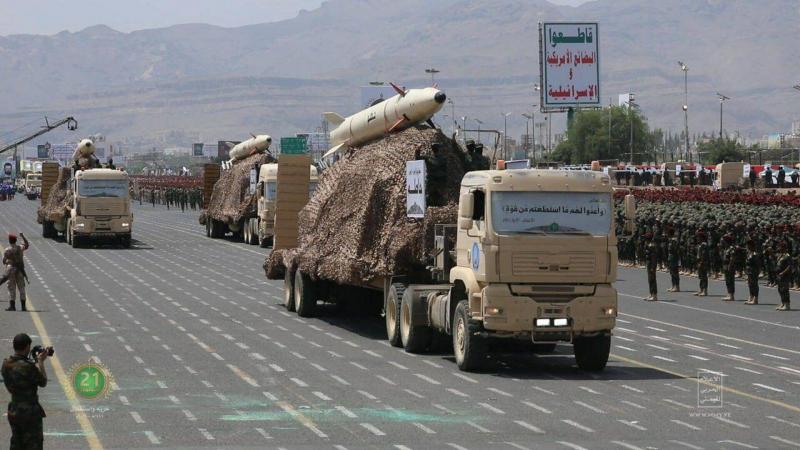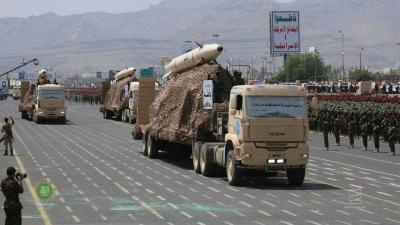Iraqi sources revealed that a message from the United States arrived in the Iranian capital, Tehran, a few days ago via an Iraqi intermediary. The sources stated that "the U.S. is extremely concerned due to reports from its intelligence agencies regarding the gravity of the situation if an open and comprehensive war breaks out in the Middle East and the implications for Washington's interests, especially with nearly 40 bases within the range of Iranian missiles, coupled with Russia, China, and other countries potentially exploiting any conflict to support America's enemies in retaliation for what is currently happening in Ukraine."
They added that "Washington has reached out to all Arab and even Islamic countries to deter Tehran from delivering a harsh blow to Tel Aviv that could lead to an open war. They even sent a message a few days ago through an Iraqi intermediary that includes several clauses, the most prominent of which is the possibility of reviving the nuclear agreement and arranging shared interests in Syria and elsewhere, as well as the potential to overlook certain economic sanctions and deter Netanyahu's government on several points, and exert pressure to conclude a balanced peace agreement in Gaza between Tel Aviv and Hamas."
The sources noted that "the U.S. proposal has delayed the Iranian strike, which was reportedly ready, and it may be postponed for a few more days. Netanyahu wants an open war to drag the U.S. into a conflict with Iran, regardless of the consequences for Washington and the region." They continued, stating that "according to the information, Tehran is considering several messages it has received from Arab and Islamic countries originating from Washington, which sees itself in a predicament in the Middle East as its strategy is to oppose any comprehensive war."
The sources further indicated that "Iran will respond, but not based on the principle of massive destruction. Instead, it is assessing the political aspects and what its interests are in any forthcoming strike and how it should be executed." They emphasized that the U.S. is making more offers to avoid wars, as its interests do not support its current trajectories, and public pressure also prevents its military from engaging in foreign wars.




